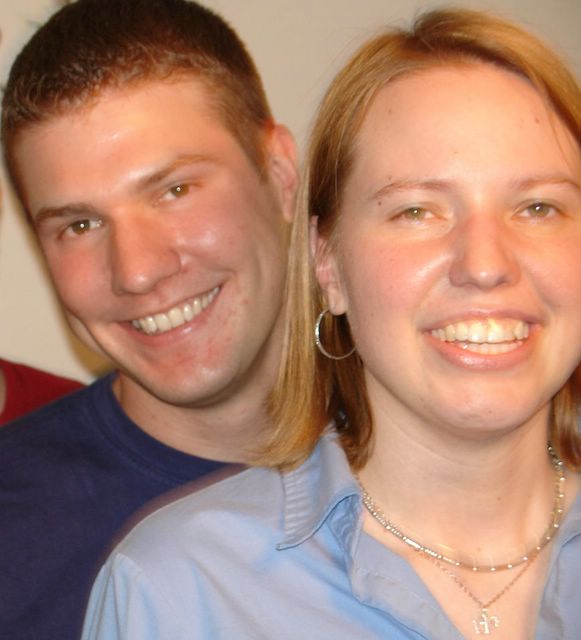Teresa passed this brief excerpt on from C.S. Lewis from The World's Last Night. Enjoy!
“[H]ow can the characters in a play guess the plot? We are not the playwright, we are not the producer, we are not even the audience. We are on the stage. To play well the scenes in which we are ‘on’ concerns us much more than to guess about the scenes that follow it.
In King Lear (III: vii) there is a man who is such a minor character that Shakespeare has not given him even a name: he is merely ‘First Servant.’ All the characters around him – Regan, Cornwall, and Edmund – have fine long-term plans. They think they know how the story is going to end, and they are quite wrong. The servant has no such delusions. He has no notion how the play is going to go. But he understands the present scene. He sees an abomination (the blinding of old Gloucester) taking place. He will not stand it. His sword is out and pointed at his master’s breast in a moment: then Regan stabs him dead from behind. That is his whole part: eight lines all told. But if it were real life and not a play, that is the part it would be best to have acted.
The doctrine of the Second Coming teaches us that we do not and cannot know when the world drama will end. The curtain may be rung down at any moment: say, before you have finished reading this paragraph. This seems to some people intolerably frustrating. So many things would be interrupted. Perhaps you were going to get married next month, perhaps you were going to get a raise next week: you may be on the verge of a great scientific discovery; you may be maturing great social and political reforms. Surely no good and wise God would be so very unreasonable as to cut all this short? Not now, of all moments!
But we think thus because we keep on assuming that we know the play. We do not know the play. We do not even know whether we are in Act I or Act V. We do not know who are the major and who the minor characters. The Author knows. The audience, if there is an audience (if angels and archangels and all the company of heaven fill the pit and the stalls) may have an inkling. But we, never seeing the play from outside, never meeting any characters except the tiny minority who are ‘on’ in the same scenes as ourselves, wholly ignorant of the future and very imperfectly informed about the past, cannot tell at what moment the end ought to come. That it will come when it ought, we may be sure; but we waste our time in guessing when that will be. That it has a meaning we may be sure, but we cannot see it. When it is over, we may be told. We are led to expect that the Author will have something to say to each of us on the part that each of us has played. The playing it well is what matters infinitely.The doctrine of the Second Coming, then, is not to be rejected because it conflicts with our favorite modern mythology. It is, for that very reason, to be the more valued and made more frequently the subject of meditation. It is the medicine out condition especially needs."
Subscribe to:
Post Comments (Atom)

1 comment:
Brief? You call that brief? It's almost a fifth of the entire essay! :) It really is a good essay, though, everyone should read the entire thing. I've got some more C.S. Lewis that I'll pass on later so that anyone who happens to run across this site can partake of the logic, sense, and wit that is C.S. Lewis. Also, a little bit of advice from Yoda - "Do or do not. There is no try."
Post a Comment